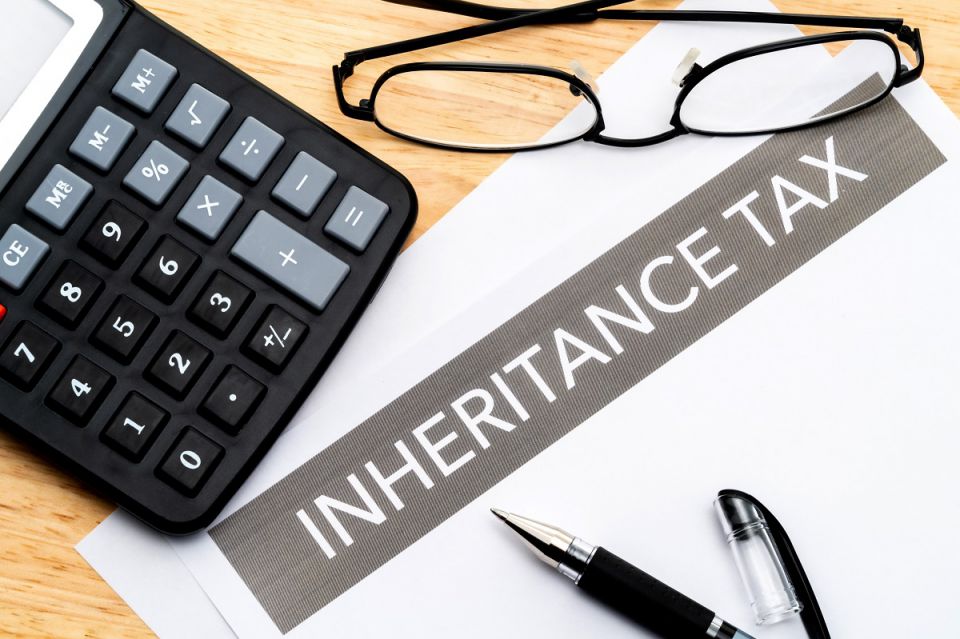More families hit by inheritance tax

Latest statistics show a 4% increase in tax take with almost a third more families affected
Inheritance Tax (IHT) statistics were released last week by HMRC. They showed that receipts received by the Government during the 2020-2021 tax year were £5.4billion. This represents an increase of almost 4% (£190million) on the 2019-2020 tax year.
The Office for Budget Responsibility, the official forecaster, estimates that almost 33,000 people have been hit, up by almost a third.
The latest IHT statistics show that the Chancellor’s freeze on the nil rate band and main residence nil rate band (MRNB) until at least April 2026 is beginning to have the desired effect. It is achieving the ‘fiscal drag’ it set out to do, particularly given that asset prices have soared during the pandemic and could continue to do so given inflation is on the up.
It means many more people could end up having to pay IHT without currently realising that they are likely to fall into the tax charge. Because of this, it is important that people start to think both about their estate and its value as well as some IHT planning.
This tax take increase also comes at a time when the Chancellor is taking stock of the final costs to fund the pandemic and how to pay for it. Whilst talk of an Autumn Budget has receded, the Spring Budget next year will allow the Treasury to review the economic impact of the pandemic and possibly introduce tax reforms.
Whatever the date of the next Budget, families should therefore be taking the opportunity now to give serious thought to their tax planning and to make the most of their current allowances before possible reforms are introduced.
Fortunately, while IHT can be a complicated and costly burden, certain actions can be taken to manage and reduce what's owed. And the key thing is to start thinking about it sooner rather than later.
IHT is usually charged on estates valued higher than £325,000 where a person has died and is passing on assets to beneficiaries. On top of that, for homeowners there is the Main Residence Nil Rate Band (MRNB) which can add a further allowance of up to £175,000. However, the MRNB is only valid on your main residence and where the recipient of the home is a direct descendant (eg child, step-child, grandchild). The rules are complicated, so getting financial advice on this makes sense.
Where IHT is due, it is usually levied at 40% on the parts of the estate valued above your IHT allowances, but this bill can be managed and reduced through the use of certain trusts, gift giving and charitable donations, for example.
Another excellent way for many is to consider the benefits of Business Relief as part of their IHT planning strategy. Investing in the shares of Business Relief-qualifying companies can be beneficial if you don’t want to gift away large sums of money and want the money you invest to become tax-exempt quickly, whilst giving the inheritance you plan to leave behind the chance to grow. By using this approach, the investor retains control over the investments. At Kellands, we can help advise on the best way to incorporate this within your overall estate planning strategy.
Many people feel daunted by the whole area and understandably so. IHT legislation is complicated and so are some of the options designed to mitigate the problem. However, there are also some simple regular steps you can take to help mitigate the bill.
If you think you may have an IHT liability, it can pay to seek out professional advice. Contact Kellands today for a free, without obligation, initial discussion, so we can suggest ways to help reduce your potential IHT bill.
Taxation reliefs, levels and bases can change in the future and this article refers to our understanding of current taxation legislation. Tax is dependent on your own personal situation and circumstances and is subject to change based on UK legislation and taxation regime.
